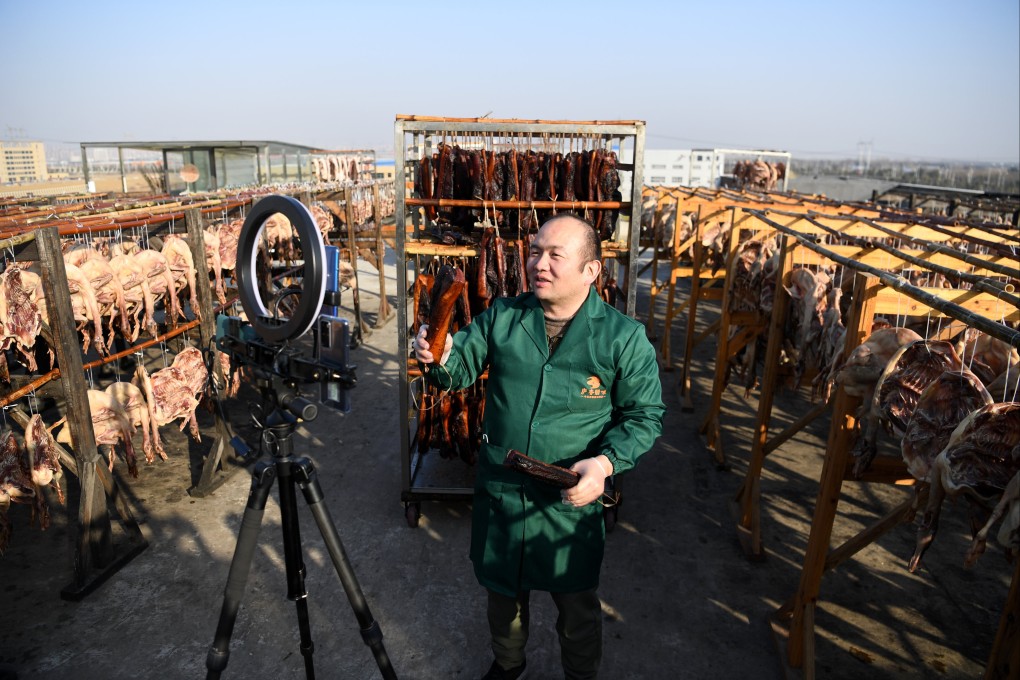Opinion | Pandemic survival: G20 must help small businesses transform digitally
- Digital transformation in the corporate world has yet to realise its full potential for boosting global economic recovery
- It is vital for the G20 to help small businesses understand the benefits of digitalisation, and offer training and funding aid

The world has reached a turning point on digitalisation like never before, as video conferencing, e-commerce, live streaming and other technologies enable companies to continue their business in spite of lockdowns, social distancing and travel restrictions.
In 2019, the World Economic Forum (WEF) predicted in a white paper that 60 per cent of global gross domestic product would be digitised by 2022. Given that the pandemic has materially increased the speed of digitalisation and permanently changed how people live and work, this figure could well be even higher by the end of next year.
However, digital transformation in the corporate world, which may involve design, production, marketing and sales, has yet to realise its full potential for boosting the global economic recovery due to various constraints.
In our policy paper for the G20 this year, we – the Digital Transformation Task Force of the Business 20 (B20 Italy) – have come up with four recommendations: reducing internet connection inequality; promoting trust in the digital ecosystem; supporting public and private digital advantages; and fostering a digital-ready and inclusive society.

